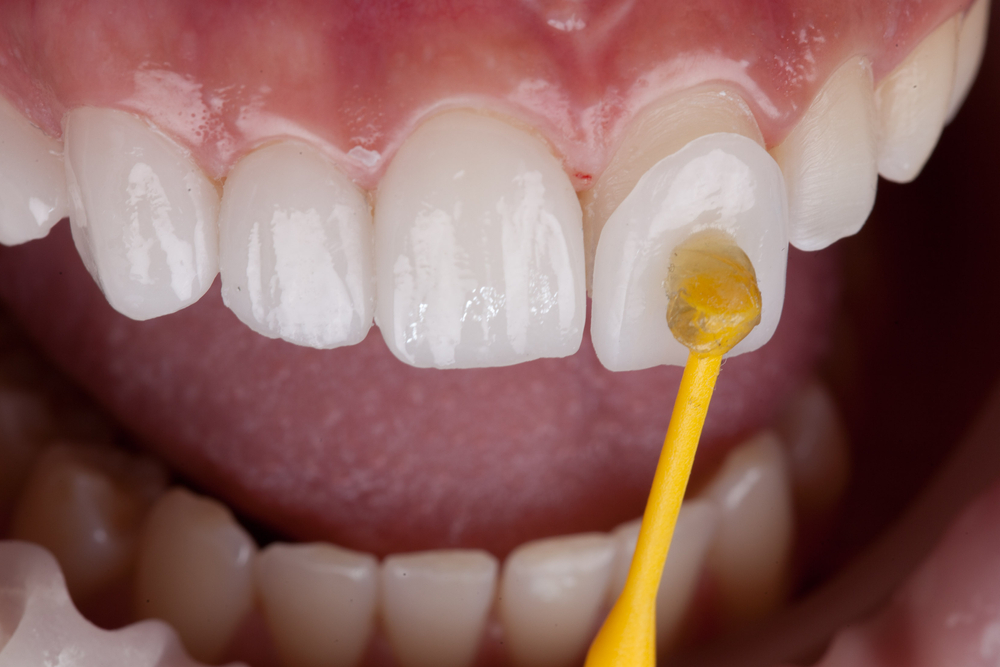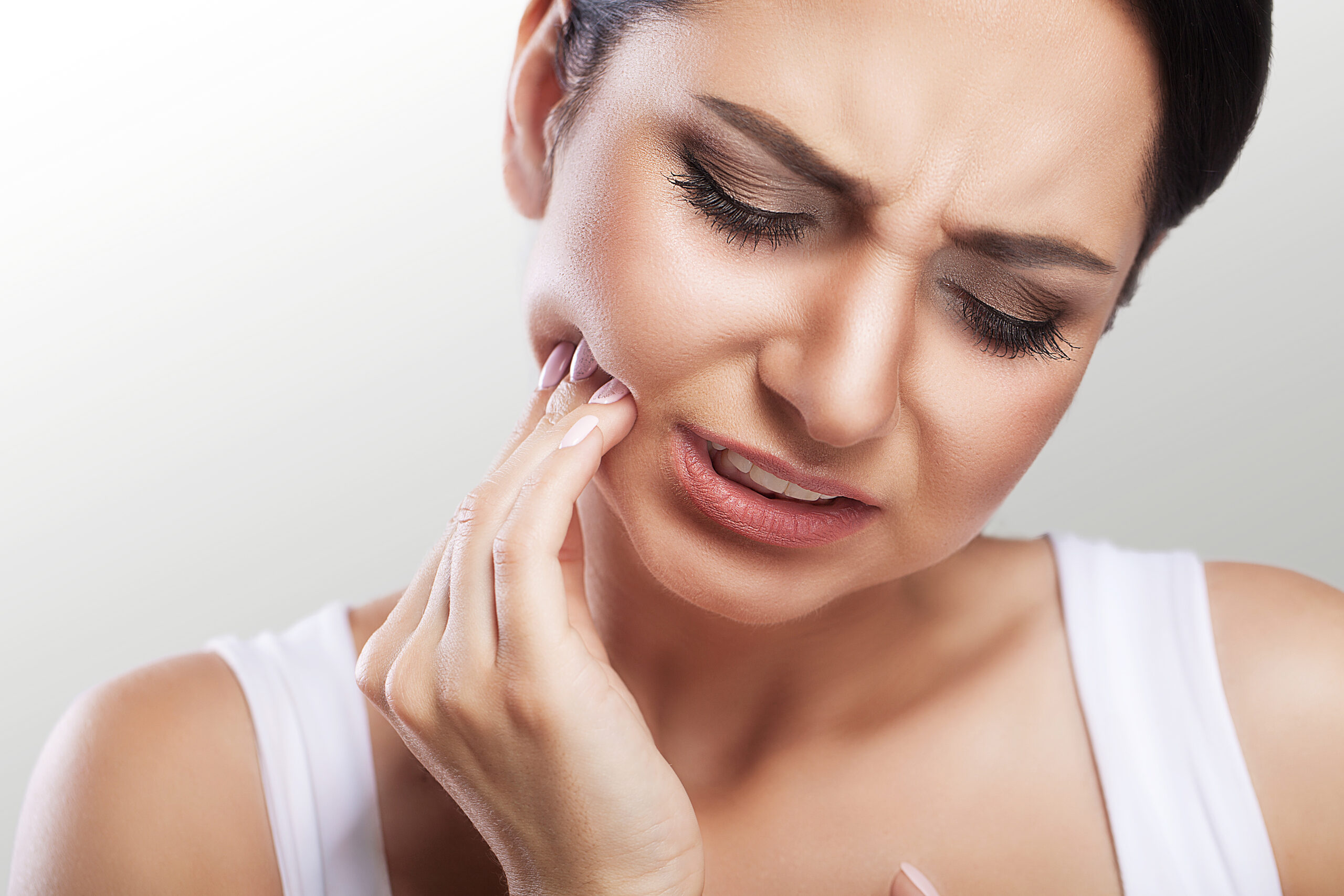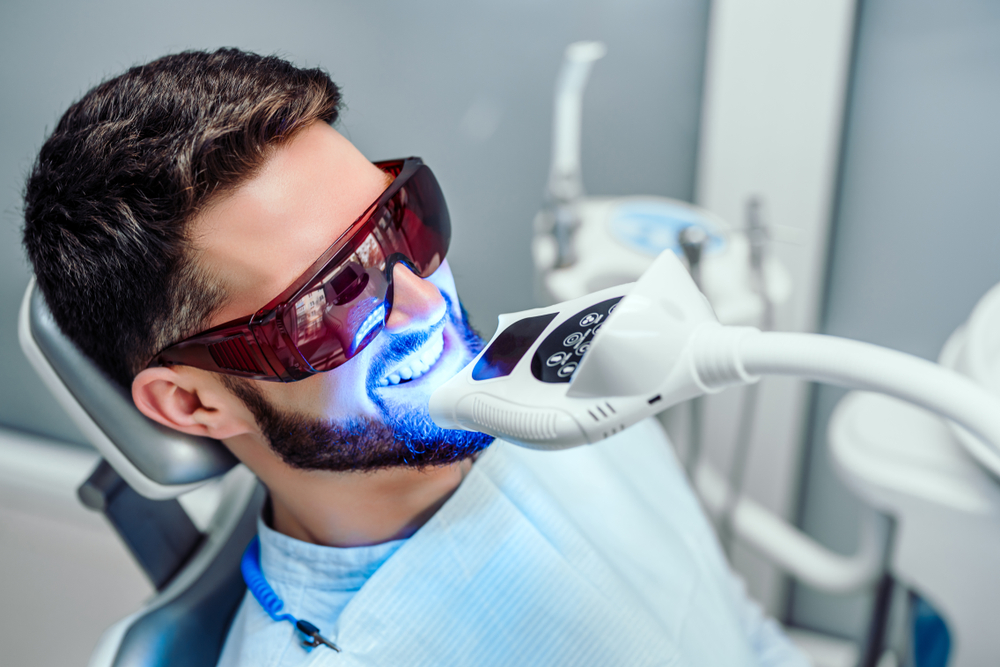Welcome back to Smile Science Dental Spa’s blog! Today, we’re tackling bruxism, or teeth grinding.
Millions worldwide grind their teeth, risking damage, pain, and other health issues. Ever wake up with a headache or sore jaw? You might be grinding your teeth while asleep and not even know it.
Here at Smile Science Dental Spa, we don’t overlook teeth grinding. Dr. Richard Dawson and Dr. John Turke have seen its impact first-hand. They’ve treated patients in Glendale, AZ for years. From worn down and fractured teeth to serious health issues like temporomandibular joint disorders, teeth grinding can cause it all.
But don’t worry! There’s good news. By understanding bruxism, we can prevent and treat it. As your dental health guides, our goal is your best oral health. We’ll explore bruxism, its effects, and how to deal with it. We’ll cover diagnosis, treatment, and preventive steps.
Ready to learn about teeth grinding? Eager to understand its impact and manage it? Let’s dive into this journey together.
Understanding Bruxism

Let’s start with the basics: what is bruxism? In simple terms, bruxism is teeth grinding or jaw clenching. It can happen day or night, often without you even knowing. At Smile Science Dental Spa in Glendale, AZ, we deal with it often.
We divide bruxism into two types: sleep and awake bruxism. Sleep bruxism happens during sleep and can link with other sleep disorders like sleep apnea. This form of teeth grinding is often harmful because many don’t know they’re doing it. Awake bruxism happens when you’re conscious, usually when you’re stressed or focused.
The causes of teeth grinding? They’re complex and vary widely. They often involve a mix of physical, psychological, and genetic factors. Key causes include stress and anxiety, misaligned teeth, and certain lifestyle habits. Drinking alcohol, smoking, or consuming high amounts of caffeine can trigger it. Some medications and medical conditions can also cause bruxism.
Remember, bruxism is more common in children. But it often goes away as they grow. Understanding the root cause of bruxism is key for effective treatment and preventing more dental damage. Stick with us as we dig deeper into teeth grinding’s impact on your health and ways to manage it.
The Impact of Teeth Grinding
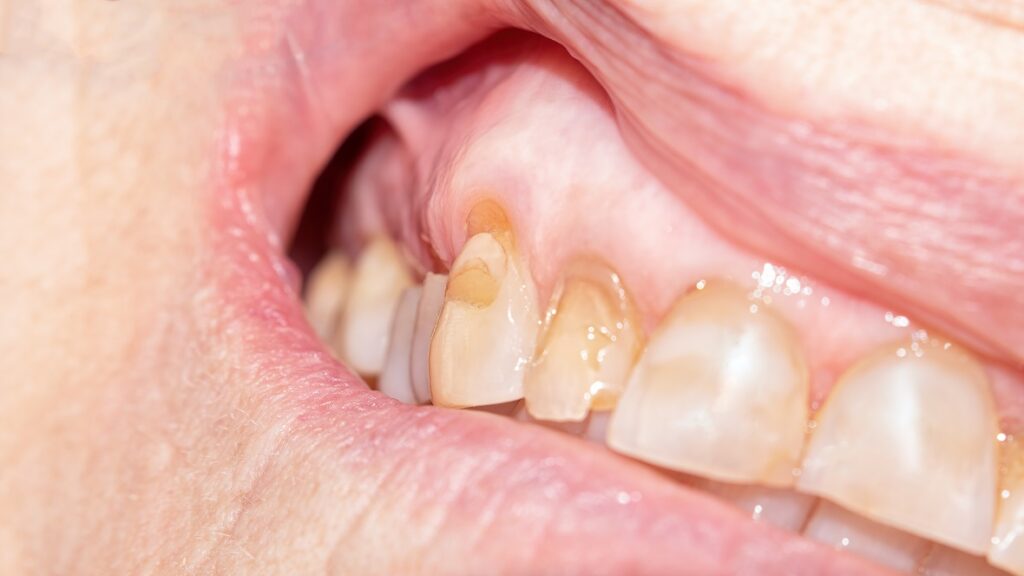
Teeth grinding might seem like a simple habit. But it can have serious impacts. Let’s explore the physical and psychological effects.
Physically, teeth grinding can cause real harm. It can lead to tooth wear, with your teeth getting chipped, flattened, or even loose. Severe grinding can damage fillings or crowns, or affect your tooth enamel. The grinding can also strain your jaw, leading to disorders in the temporomandibular joints (the joints that connect your jaw to your skull). Plus, chronic teeth grinding often triggers headaches, especially in the morning.
But the impacts don’t stop there. Teeth grinding also affects your mental well-being. Chronic stress or anxiety often triggers teeth grinding. But, ironically, the grinding can further fuel the stress, creating a vicious cycle. It can also disrupt your sleep. Grinding noise can wake you or your partner, leading to sleep disturbances.
Here at Smile Science Dental Spa in Glendale, AZ, Dr. Dawson and Dr. Turke know these impacts well. That’s why we’re here to help break the cycle and minimize these effects. Stay with us to learn about diagnosing bruxism and the treatment options available.
Diagnosing Bruxism
How do you know if you have bruxism? It starts with understanding the signs and symptoms.
You might notice the physical signs first. These include worn, chipped, or flattened teeth. You might also feel pain or tightness in your jaw, especially when waking up. Frequent headaches or face pain are also common.
But, often, a professional diagnosis is needed. Here at Smile Science Dental Spa, Dr. Dawson and Dr. Turke are experienced in identifying bruxism. During your dental check-up, they look for signs of teeth grinding like wear and tear on your teeth. They may also ask about your sleep habits, daily routines, and stress levels.
Home tests and evaluations can also be helpful. These include checking for teeth grinding signs when you wake up. Or asking a partner if they’ve heard you grind your teeth in your sleep.
Keep in mind, early diagnosis is key. It helps prevent further damage and complications. Next, we’ll dive into the treatment options available to manage teeth grinding.
Treatment Options for Teeth Grinding
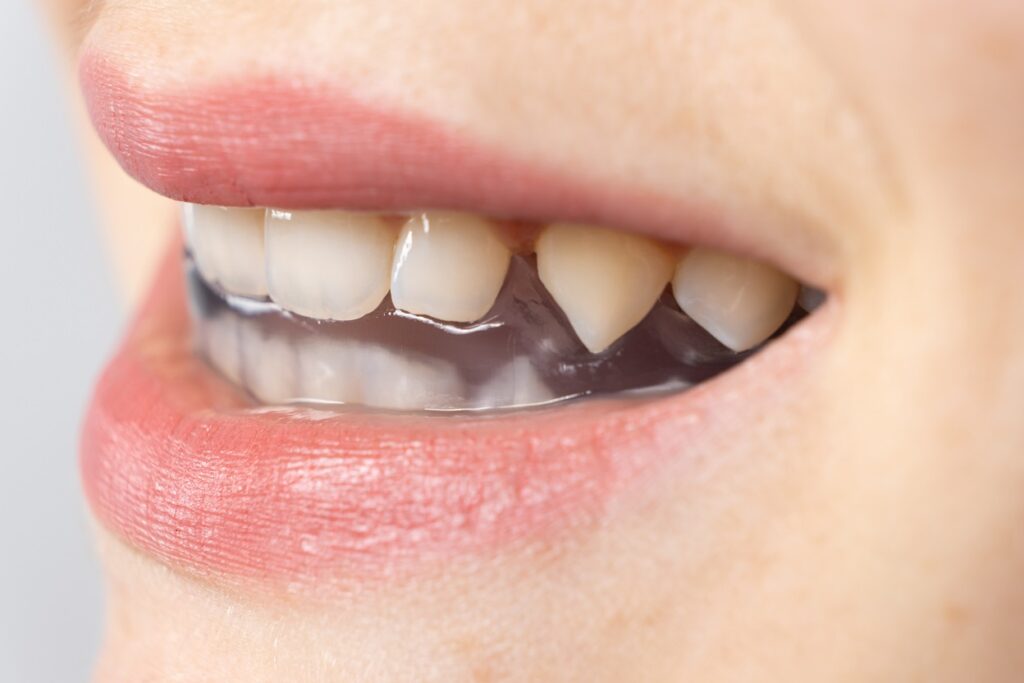
What can you do if you’re dealing with teeth grinding? Plenty! Let’s look at the treatment options.
Dental interventions are often the first line of defense. Mouthguards and splints can protect your teeth from grinding during sleep. Here at Smile Science Dental Spa, Dr. Dawson and Dr. Turke can provide custom-made devices that fit your mouth perfectly.
Behavioral therapies can also help. Stress management techniques like yoga, mindfulness, and deep breathing can reduce teeth grinding triggered by anxiety. Biofeedback, a method that teaches control over muscle activity, can also be beneficial.
For some patients, toxin therapy (e.g. Botox) may also be an option. This involves injections that temporarily paralyze the muscles responsible for grinding, effectively reducing the symptoms of bruxism.
In some cases, medication may be necessary. Muscle relaxants taken before bedtime can help reduce night-time grinding. Some people may benefit from anxiety or depression medications. Always remember, medication should be the last resort and used only under the guidance of a healthcare provider.
Remember, each person is unique. The best treatment for teeth grinding depends on the individual’s specific needs. In our next section, we’ll look at preventative measures you can take to avoid the onset of bruxism.
Preventive Measures

How can you prevent teeth grinding? The answer often lies in simple lifestyle changes and relaxation techniques.
Let’s start with lifestyle changes. A balanced diet, regular exercise, and good sleep hygiene can all help prevent teeth grinding. Limiting caffeine and alcohol, which can increase the likelihood of teeth grinding, is also beneficial. Regular exercise helps manage stress levels, a common trigger for bruxism. And good sleep hygiene – like maintaining a regular sleep schedule and creating a calm, comfortable sleep environment – can reduce sleep bruxism.
Next, let’s talk about relaxation techniques. Practices like yoga, meditation, and deep breathing exercises can be incredibly helpful. These techniques promote relaxation and stress relief, which can directly impact the frequency and intensity of teeth grinding.
At Smile Science Dental Spa, we’re big advocates of these preventive measures. We believe in a holistic approach to dentistry, one that considers your entire lifestyle. So, if you’re ready to take a step towards preventing bruxism and protecting your smile, we’re here to support you. Stay tuned for our next blog where we continue to explore the world of dental health.
Conclusion
Teeth grinding, or bruxism, is more than just an annoying habit. It’s a condition that can damage your teeth, disrupt your sleep, and affect your overall wellbeing. But, as we’ve learned, understanding is the first step towards managing this issue.
Whether it’s dental interventions like mouthguards, stress management techniques, or even toxin therapy, there are plenty of effective treatments available. Prevention, through lifestyle changes and relaxation techniques, can also go a long way in keeping bruxism at bay.
But remember, it all starts with recognizing the problem. If you’ve noticed signs of teeth grinding, don’t ignore them. Early intervention can prevent further damage and improve your quality of life.
At Smile Science Dental Spa in Glendale, AZ, we’re here to help. Dr. Dawson and Dr. Turke are committed to guiding you on your journey to better oral health. So, if you suspect you’re suffering from bruxism, reach out to us. Let’s work together towards a healthier, brighter smile. After all, your smile is worth it!
References and Further Reading
- American Dental Association – What is Bruxism?
- Mayo Clinic – Bruxism/Teeth Grinding
- American Sleep Association – Bruxism – Teeth Grinding
- National Sleep Foundation – Sleep Bruxism
- “Prevalence of Bruxism in Children Receiving Treatment for Attention Deficit Hyperactivity Disorder: A Case–Control Study” – Journal of Oral Rehabilitation
- “A critical review of approaches to the treatment of dental bruxism” – Journal of Prosthetic Dentistry
- “The relationship between sleep bruxism and obstructive sleep apnea based on polysomnographic findings” – Journal of Clinical Sleep Medicine
Please note, while these resources provide more detailed insights, they are no substitute for professional medical advice. Always consult a healthcare provider for personalized advice and treatment.




